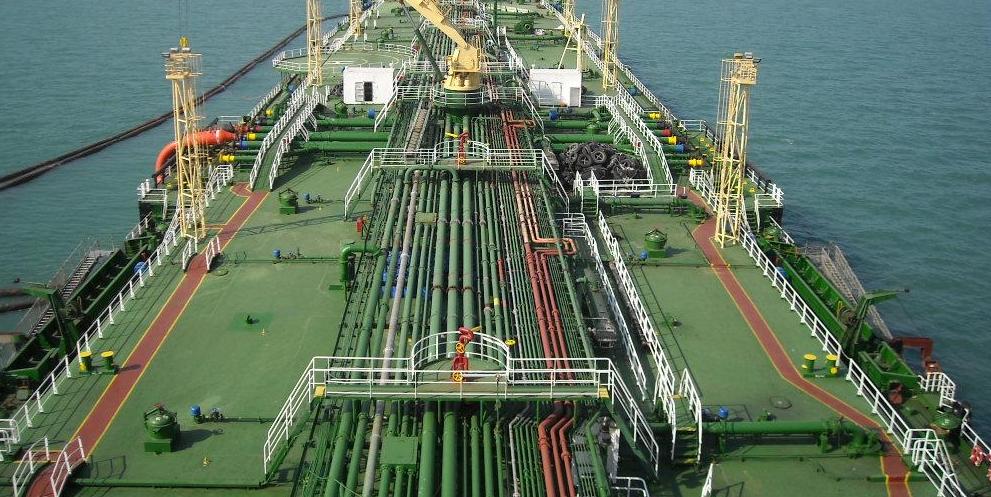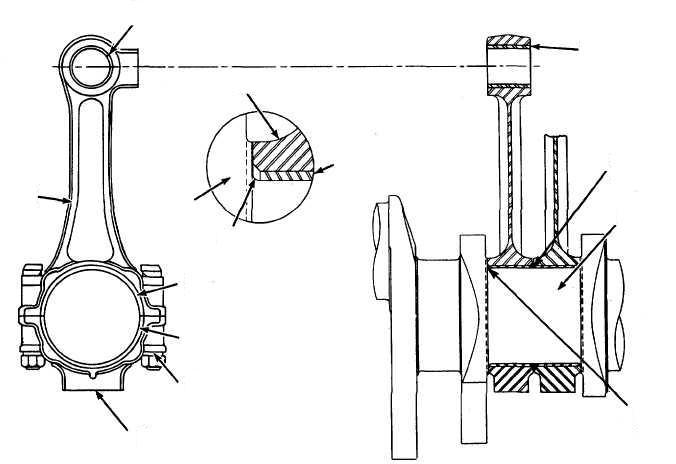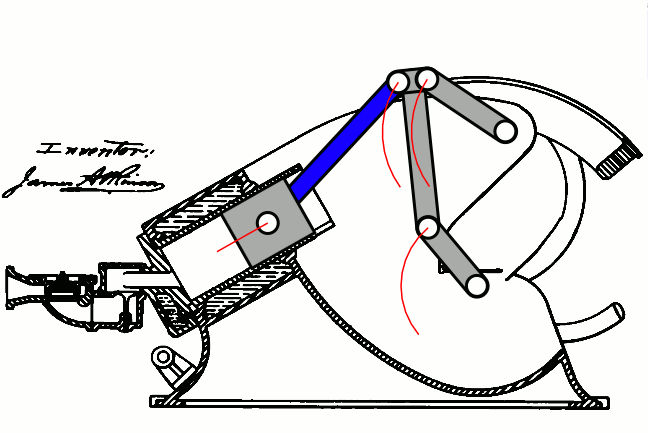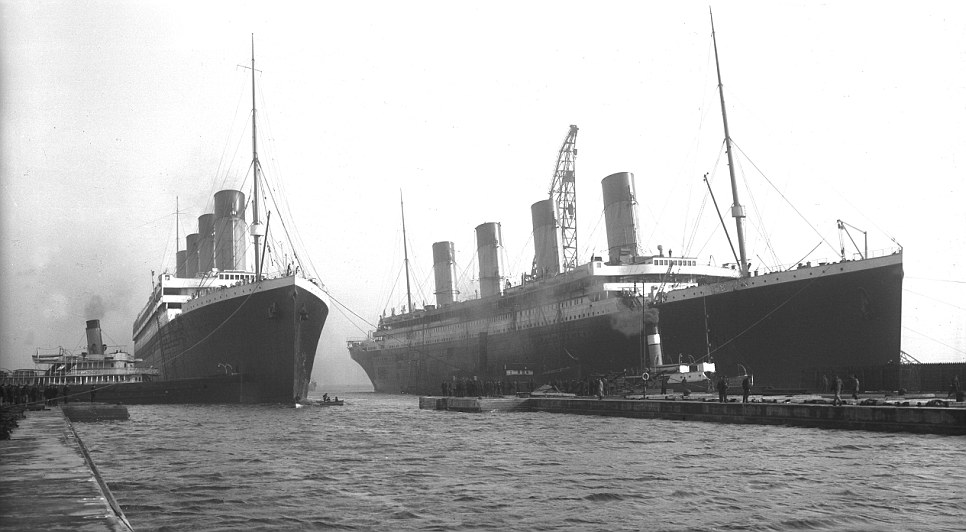
Playing a major role in the supply and distribution of liquids and gases to different parts to any vessel, ship pipelines and pumps play a major role in operation of vessels. Due to the large number of ship pipelines, depending on the type of ship, it is important to have some aids to identify each pipeline before and during repair or maintenance.
Colour Coding of Ship Pipelines
Some aids that can be used are pipeline maps, different size pipes and colors to indicated there origin and contents. Universal color codes are used to identify pipe contents and random arrow directions to show the direction of flow within the pipe. Usually the whole pipe is painted for easy location. Colored tapes are also used with temporary pipes that can be moved from place to place.

The universal color codes used to identify ship pipeline contents are:
- black – waste material
- copper – masses
- brown – fuel
- gray – Non flammable gases
- silver – steam
- green – sea water
- blue – fresh water
- violet – acid and alkalis
- red – fire fighting
- orange – oils used for lubrication not fuel
- yellow – flammable gases
- white – ventilation systems
- arrows – to show direction of flow
- yellow and black tapes – used to signal warning.
Paint vs Tape Markings
Painting of pipelines within a vessel can be tedious work requiring many man days to complete all pipes. So in some cases color coded tapes can be used as a alternative for painting as they require less time to stick. They can cover the pipes completely or in sections at a regular interval apart.
This alternative may be faster to complete but caution must be taken to avoid marking the pipe with wrong color codes. During the process of painting or application of color coded tape, the pipeline map of the vessel should be used to avoid any mistakes
There are different pipelines for different purposes on board every vessel such as:
- Fuel pipeline – used to supply the propulsion engine with fuel from the fuel tanks.
- Lubricant pipeline – used to distribute lubricates to different parts of the vessel.
- Fresh water pipeline – used to supply fresh water for drinking, laundry, showers and toilets to different part of the vessel
- Cooling water pipeline – used to supply engine with cool water directly from ocean/sea. And dispose of hot water from the engine.
- Cargo pipeline – these are used onboard vessels that carry liquid. They are used to unload liquid cargo from the vessel.
- Steam pipeline – primarily used for heating of living quarter or cargo that solidifies due to cold temperatures like palm oil of crude being transported via frozen oceans and seas, from the boiler.
- Refrigeration pipelines – vessels that transport perishable goods like food usually have refrigerated cargo holding areas to preserve the food. These systems are also found on commercial fishing boats that last many days at sea.
- Hydraulic pipeline – these are used to move oil in to hydraulics which help lifting heavy loads on board.
- Air pipelines – this falls in two group’s compressed air, which is used to different purposes on board like air tools or cleaning and ventilation air, which is used to supply clean fresh air to different parts of the ship which are concealed and have no circulating air.
- Fire fighting pipeline – this pipeline is linked to all parts of the vessel were there is risk of fire. It carries fire fighting foam under pressure
- Bilge pipeline – used to transport bilge to holding tanks from were it will be disposed of at a later stage.
- Sludge pipeline – used also to transport sludge to holding tanks for later disposal.

These are some of the many different ship pipelines that are used on board and we shall be studying them in details at a later stage.
Knowing the Pipelines
For marine engineers and especially the panchoo or junior engineer, knowing the pipelines of the ship like the back of his/her hand is of vital importance.
Each of the pipelines have several accessories such as valves, pumps etc so to perform any operation like say transferring a fluid from point A to point B, or to control the flow of cargo or anything else, it is vital that the correct valves and pumps are operated.
If the engineers do not know the pipelines, their work is unnecessarily increased and also could result in problems or errors during discharge of their duties. Hence it is adviced for everyone especially marine engineers to familiarize themselves with pipelines along with other things when joining a vessel.
Importance Of Ship Pipelines,






